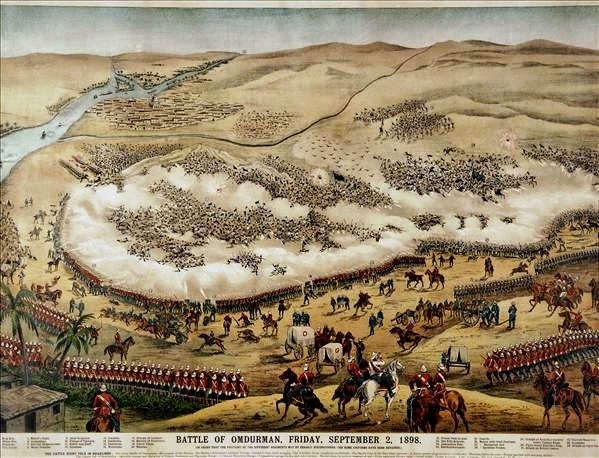On the day when the news
is full of air strikes on Syria and other crises in the Middle East, tucked
away in the Obituaries of The Telegraph was a poignant reminder of the past and
how little has changed in over half a century of dispute and conflict.
Palestine in the 1940's was where
the subject of the article was.
Probably, had not his son been a leading journalist his life story may
not have made it to the national press.
But the period in Palestine after World War 2 typifies what many British
troops had to endure.
One irony that he was in
The Rifles and when the Bergen-Belsen Concentration Camp was entered in
Northern Germany in 1945 it was a battalion of Rifles that were first involved
in attempting to rescue those who had been left there.
Between 1939 and 1960 very
many men were conscripted into the Armed Forces. Some had a relatively easy time and fun. Many did not and regarded the places they
served as hell holes. Palestine was high
on the list of these and Middle East postings were the least desirable for the
ordinary squaddie.
Why they were there was
because of the long established ambitions of at first European and then other
governments such as the USA to rule or at least have the major influence over
resources and the internal lives of their citizens.
These are states that
either have oil or are deeply involved with the states that do. It is oil that has largely powered their
economies and has delivered the air, sea and road transport of today. It is oil and related gas that is at the root
of everything.
One result is to enable
the populations of almost all the Middle Eastern states to increase rapidly
whereas at the same time technology and such has removed the need for vast
numbers of manual labourers. Similarly,
production in many areas and other work has little need for mass labour. Inevitably, there are now millions of spare
men with few, if any prospects.
Together with this has
been the urbanisation of many areas of the world into which these surpluses
have been drawn. Urban societies are
very different from those rural or pastoral ones of even the recent past.
Notably, the belief
systems, social organisation and nature of them is another world. One which many of the recent and even earlier
incomers reject, attempting to continue the old with its myths into the
new. Inevitably, this means conflict and
violence.
The cheap and easy
posturing of the upper and political classes and their vague and limited
notions of what might be done to how to deal with it are inadequate and
failing.
If anyone thinks that
chucking some advanced weaponry at the current hot spots will end the problem
then they are going to have to think again.



I'm cynical enough to think that as well as chucking advanced weaponry at the current hot spots, they are also testing it.
ReplyDelete